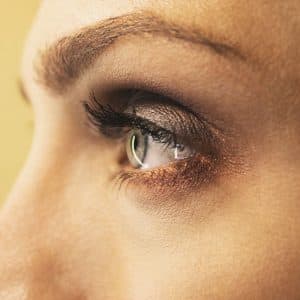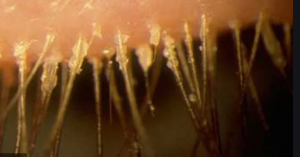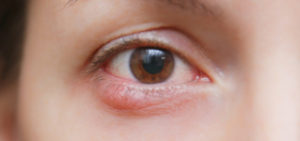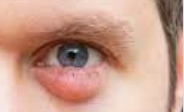Over 5 per 100,000 individuals experience blepharospasm every year. Is it serious?
Blepharospasm is a rare condition that causes your eyelid to involuntarily blink or twitch due to a muscle spasm around your eye most times it is not a sign of a serious eye condition.
In addition to the involuntary eyelid twitching and spasms, blepharospasm is also often accompanied by emotional stress or anxiety, fatigue and light sensitivity.
What causes blepharospasm?
The cause of blepharospasm is unknown. However, the condition is linked to the brain’s basal ganglia structures, which control motor functions and movement. Blepharospasm can arise when the function of these structures is abnormal.
In rare cases, it’s possible for the condition to be inherited. Blepharospasm can also be triggered by a number of factors including:
- Alcohol
- Allergies
- Caffeine
- Lack of sleep
- Stress
- Vitamin and mineral deficiencies
- Vision strain or vision changes
SEE RELATED: Why is my Eye Twitching?
If you’ve experienced your eyelid twitching, contact an eye doctor near you.
Symptoms of blepharospasm
Symptoms of blepharospasm include uncontrollable eye twitching or blinking.
When you’re exhausted, agitated, or anxious, you’re more likely to twitch. It can also occur when you’re exposed to strong light and sunlight. However, it can improve when you’re asleep or concentrating on a task.
The uncontrollable twitching can become worse over time. You may eventually find it difficult to open your eyelids. Your eyelids may close for several hours at a time as the problem worsens. The muscles of your face may also spasm.
Treatment for blepharospasm
While there is no cure for blepharospasm, there are treatments to ease your symptoms.
- Injectable medications, such as botulinum toxin, better known as Botox, can treat muscle conditions. The medicine is injected with a needle under the skin of the eyelid to temporarily weaken the muscles in the eyelids.
- Oral medicines may work, but only for a short period of time as symptoms usually return.
- Surgical procedure called a myectomy. It removes some of the muscles and nerves within the eyelid.
If you are having frequent episodes of blepharospasm, consult an eye doctor near you.
If episodes of twitching eyelids are becoming more annoying or more severe, your eye doctor may be able to provide the treatment required.










